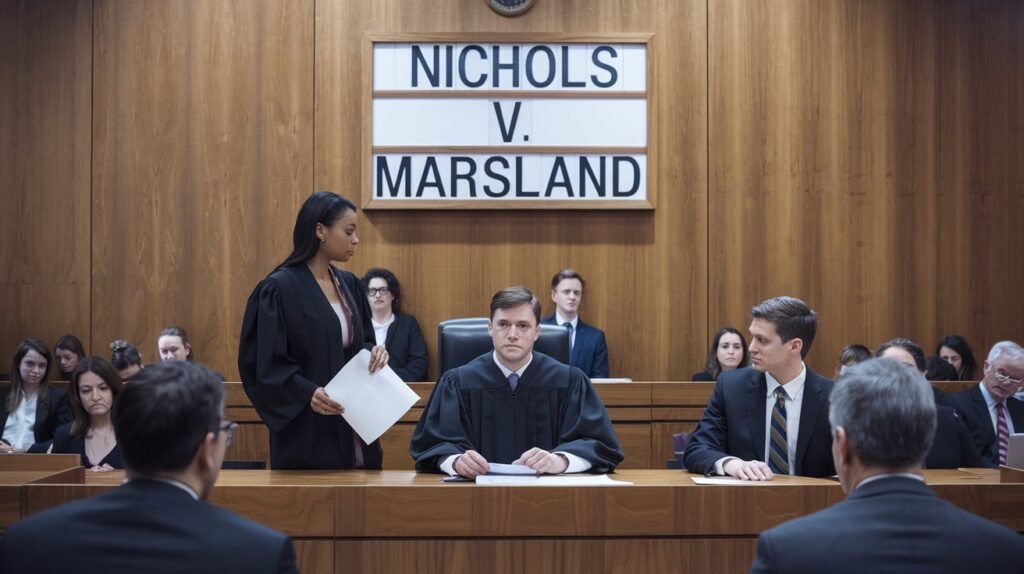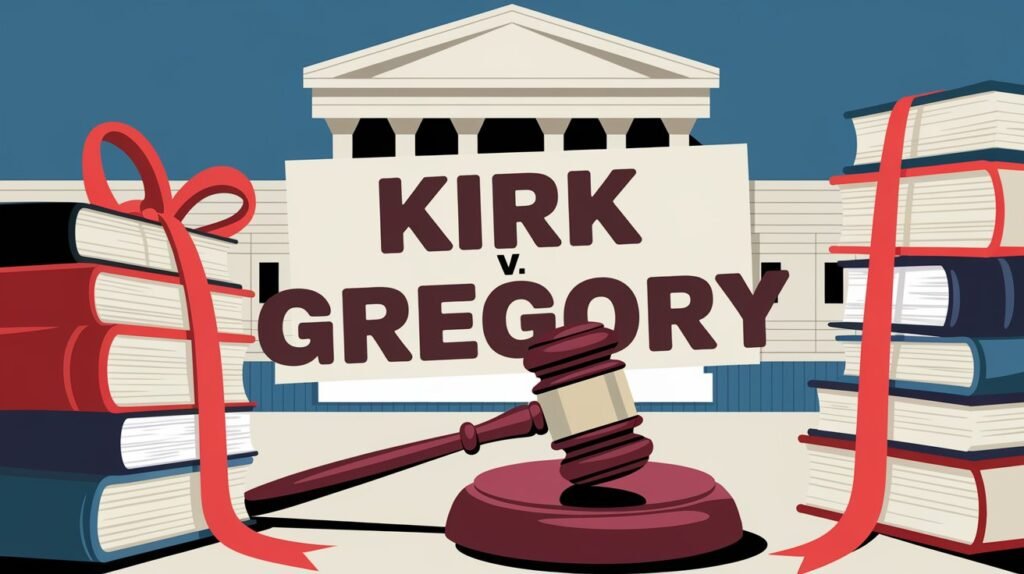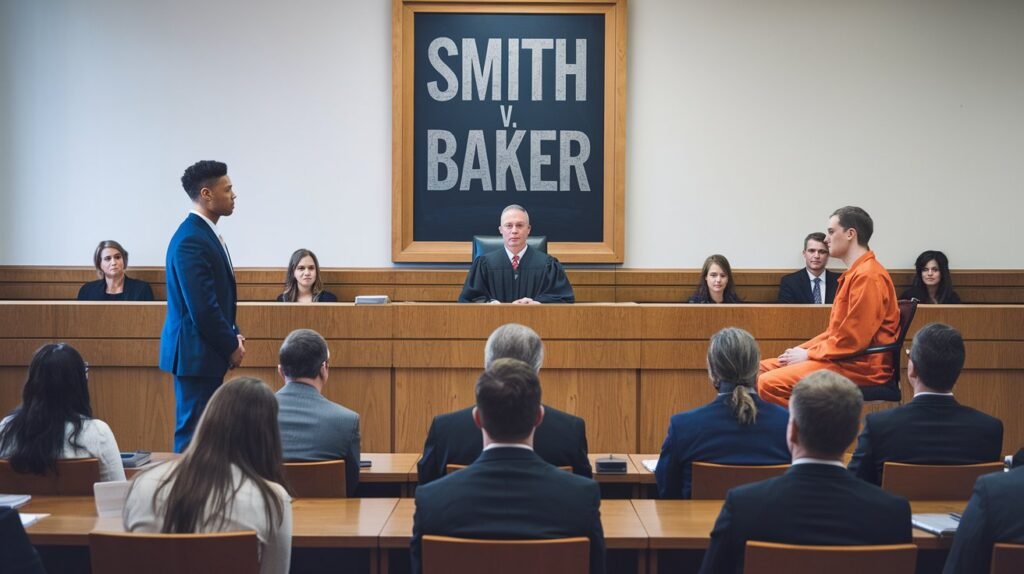Stanley v. Powell 1891(Case Summary)

This case established a key principle in tort law, affirming that liability for negligence requires proof of fault and that accidental harm caused without negligence does not lead to legal responsibility.
Table of Contents
ToggleFacts of Stanley v Powell
- The defendant, Powell, was a member of a shooting party.
- While firing at a pheasant, Powell’s bullet ricocheted off a tree and accidentally struck the plaintiff, Stanley, who was part of the same group.
- Stanley filed a claim for damages, alleging negligence by Powell.
Issues framed
- Whether the harm was caused to Stanley due to Powell’s negligence?
- Whether the liability arises from an accident where there was no evidence of fault?
Judgment of Stanley v Powell
The court applied principles of negligence, focusing on whether a duty of care was breached and whether the harm resulted from a failure to act with reasonable care. The concept of inevitable accident was also discussed, where harm occurs without fault or foreseeability.
The court found no evidence of negligence by Powell, as he acted with due care while shooting. It held that the ricochet was an inevitable accident, unforeseen and unavoidable despite reasonable precautions. The court emphasized that liability cannot arise merely from injury if there is no breach of duty or fault.
The court ruled in favor of the defendant, Powell, dismissing the claim of negligence. Justice Denman stated: “If the act causing the injury was unintentional and free from negligence, there can be no liability in tort.”





